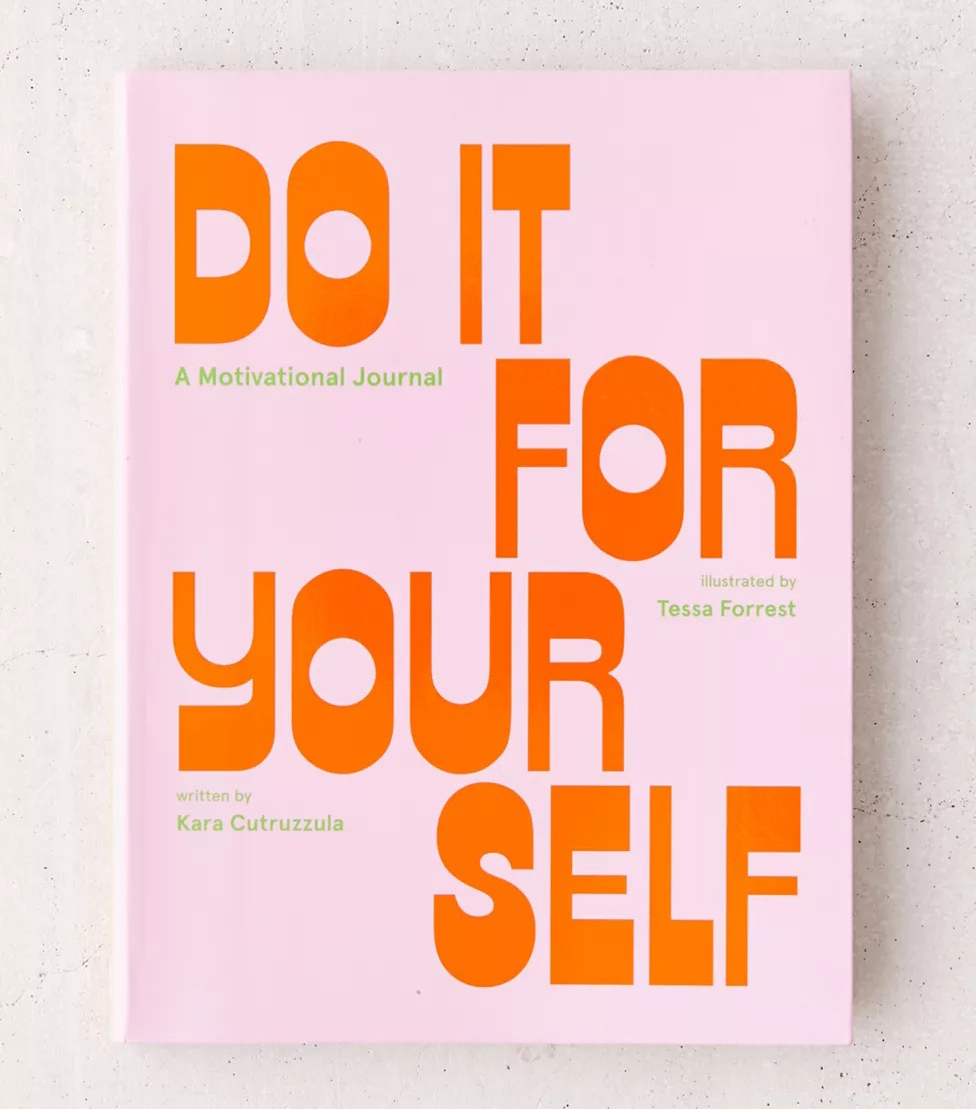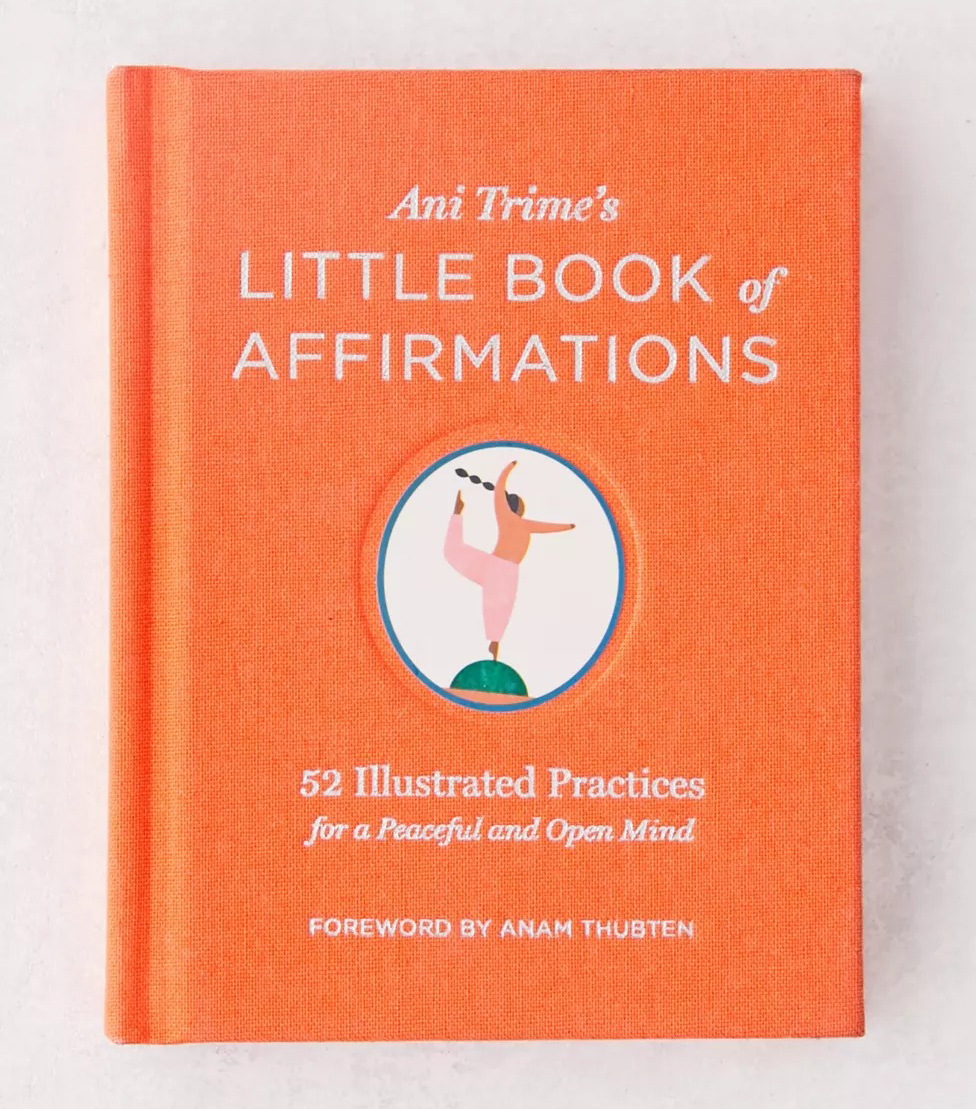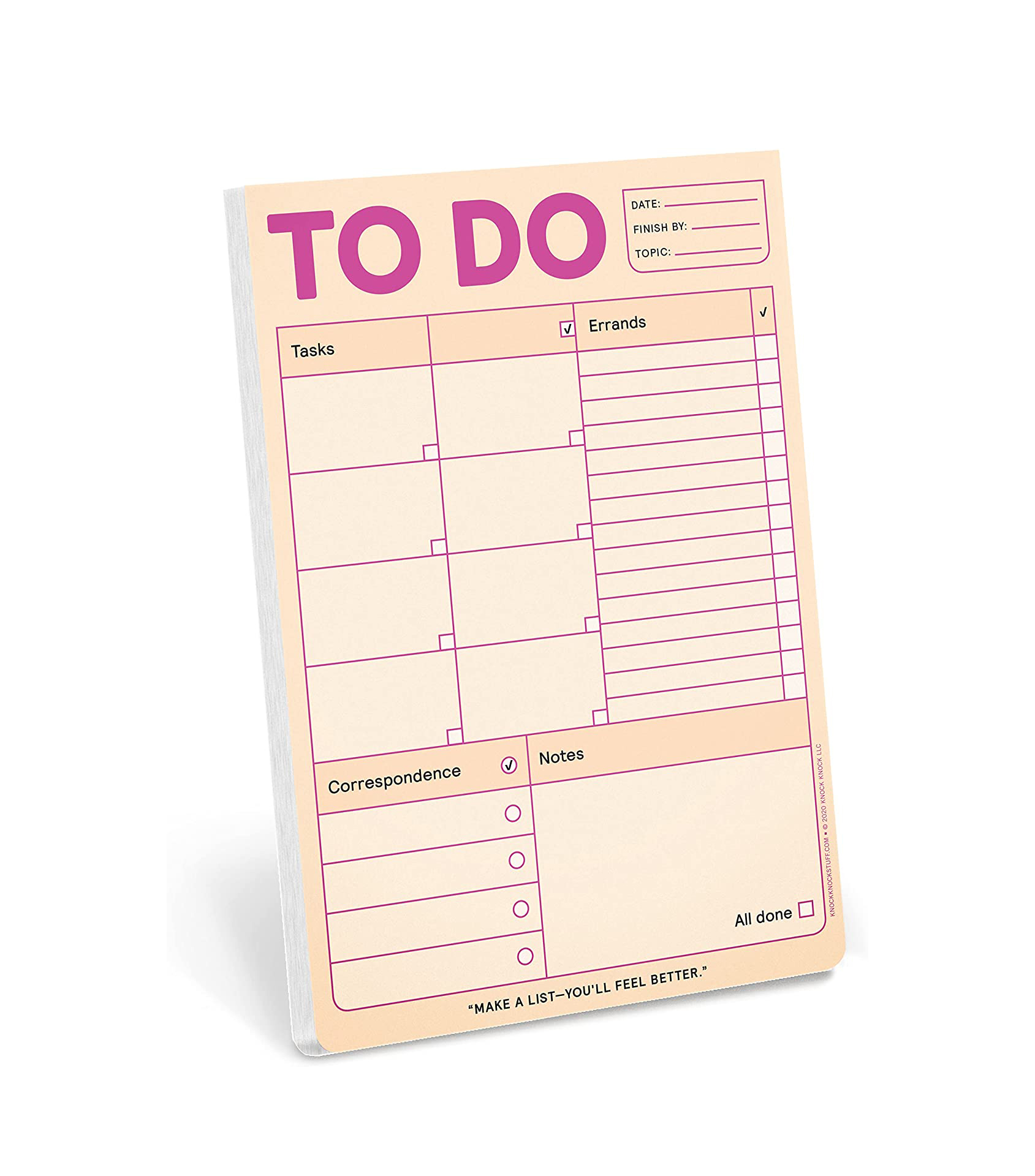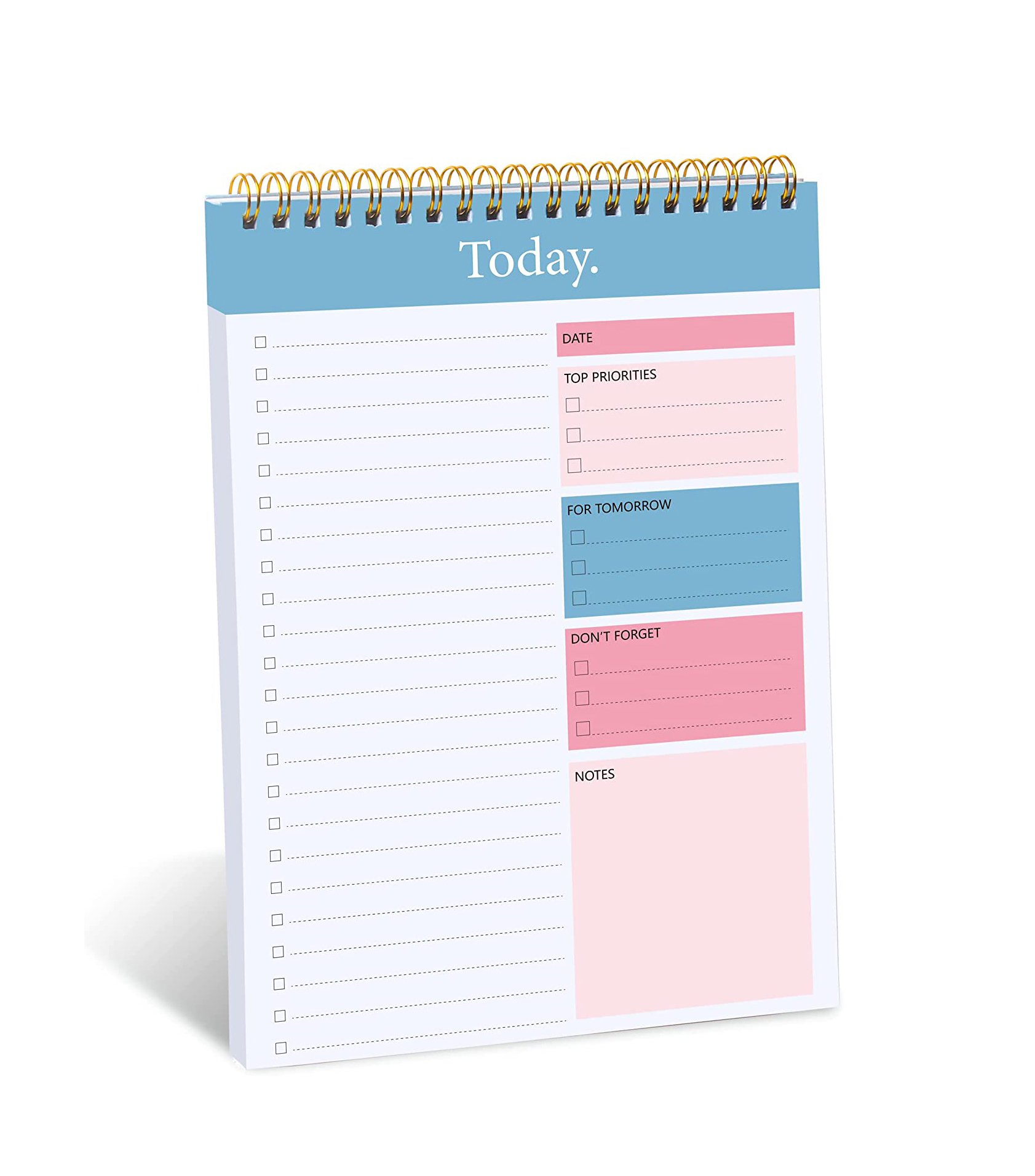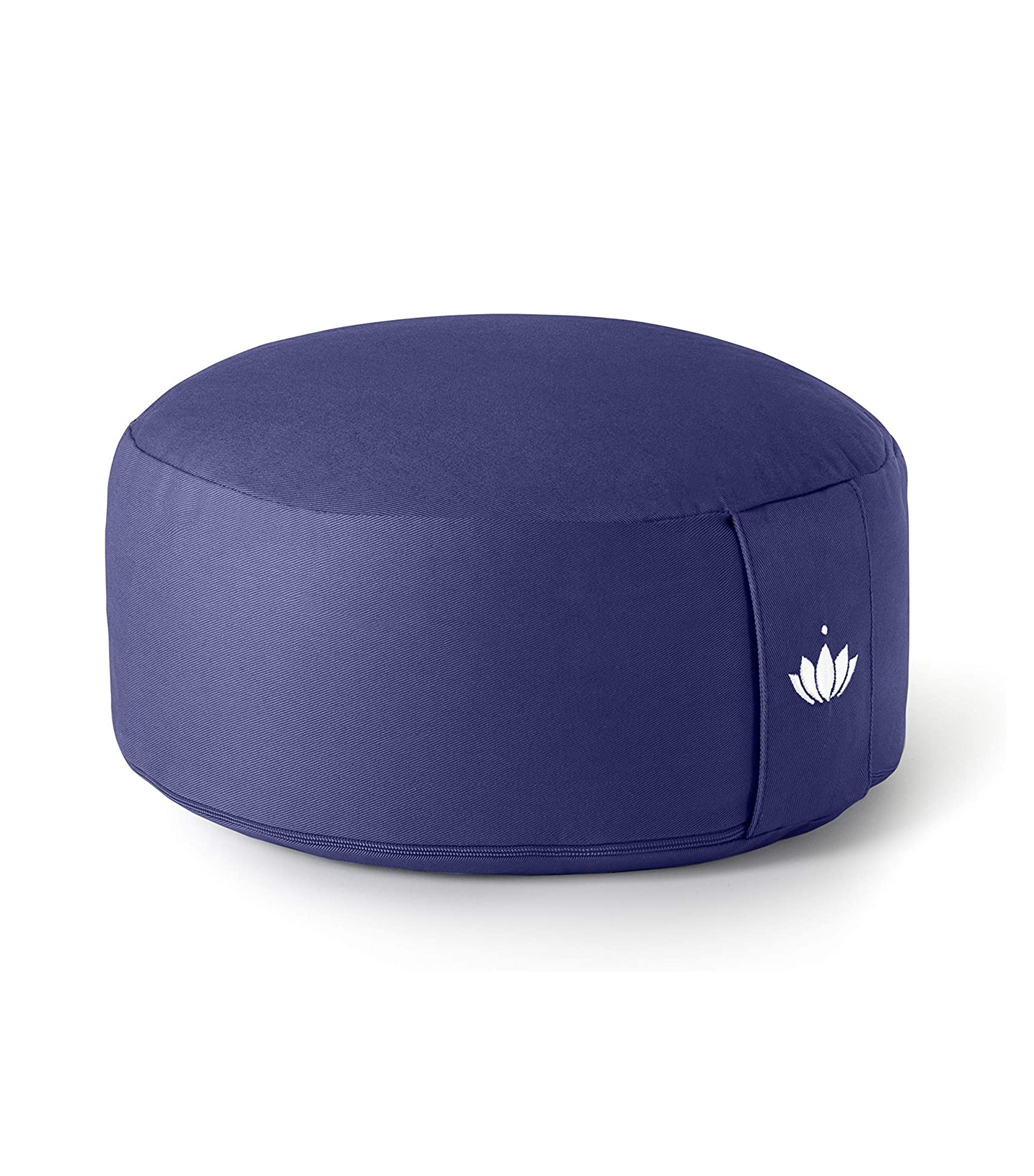Try These Therapist-Approved Tips for a Boost of Confidence

I don't want to speak for the collective here, but can we all agree that finding confidence in yourself is a process? I know there are probably some people out there who were just born with built-in confidence, but for many of us, it's something we have to grow and cultivate it. And there can be ups and downs. Speaking for myself, I have moments of ultra confidence and high self-esteem, but then there are some times when my sense of self is tested.
I'm always trying to work on my confidence and being proud of and comfortable with who I am. It's definitely not easy, and I'm not fully there yet, but I know that I'm getting there. And honestly, I think getting older really helps. Now that I'm in my 30s and have had some life experience under my belt, I feel way more sure of myself than I did in my 20s. I know everyone's journey to feeling confident in themselves is not the same, but I thought there must be some advice that could be universal and beneficial to just about anyone. So for this story, I chatted with a handful of therapists to get their thoughts on all things confidence and self-esteem.

First, I think it helps to get to the bottom of the meaning of both of those concepts, so I asked them for the definition of confidence and self-esteem. "Confidence and self-esteem are connected and equally important but are defined differently," says Rachel King Neporent, LCSW, a psychotherapist with Frame Therapy. "Confidence refers to the belief in oneself and one's abilities. Self-esteem more specifically refers to how we appreciate and value ourselves. High self-esteem means you both appreciate and value yourself and demonstrate this in words, behaviors, relationships, etc."
Jordan A. Madison, LCMFT, creator of Therapy Is My JAM, says it's essential that you cultivate confidence for yourself because you're the only constant source of this. "Other external things that can provide confidence can be fleeting, but having confidence instilled in yourself lasts after other external messages fade or change," she adds. Cultivating high esteem is important, too. Jamie Goldstein, PsyD, clinical psychologist and therapy experience lead at Coa, says a high appraisal of your value is important because this appraisal of our worth is part of what drives us—what we think, feel, say, and do. Understanding the root of what drives us helps us move through our lives intentionally.
It's all about getting to know yourself better, too. "It is important to understand yourself, your strengths and weaknesses, and your view of yourself, as your core beliefs about yourself dictate how you interact with others and how others view you," says Angeleena May, LMHC, executive director for AMFM Healthcare. "Positive and aligned self-believes are associated with decreased hopelessness, depression, and anxiety."

There can be misconceptions about confidence. For instance, sometimes people can get expressing confidence confused with being "self-centered" or "self-absorbed." That doesn't have to be the case. In fact, May says that a presentation of arrogance typically is more accurately motivated by an insecure self-image. "Having confidence doesn't have to mean being arrogant or full of yourself," Madison says. "It can be difficult to have self-confidence when society provides daily messages, especially to women, about their worth being tied to their beauty or other external factors."
Many women can feel a little reluctant about being proud of their accomplishments or talents. That might be because many of them were taught to not be boastful or draw too much attention to themselves. But we can and should be proud of who we are—and not apologize for it. "As women, we shouldn't fear being boastful in situations where we rightfully deserve credit or attention, like for a good idea at work, for example," says Kristin Wilson MA, LPC, CCTP, RYT, chief experience officer at Newport Healthcare. "Taking pride in our accomplishments and celebrating them is perfectly acceptable and, in fact, in my experience, should be done more often."
Goldstein says another misconception is that confidence is often treated like folklore—that it's a mysterious thing that you can only find by going on some "quest." She says confidence isn't about making people go "ohh and ahh" every time you enter a room. "Self-esteem is far subtler than that. Like breathing. We are breathing whether we are aware of it or not," Goldstein explains. "We also know that when we become aware of our breathing, we are able to lower anxiety, relieve pain, and better navigate difficult emotions. Confidence is similar. Confidence lives somewhere in each of us and acts as a subtle driving force. Even when we aren't aware of it. The more aware of its presence we become, the better we are able to show up and respond to our current experiences."
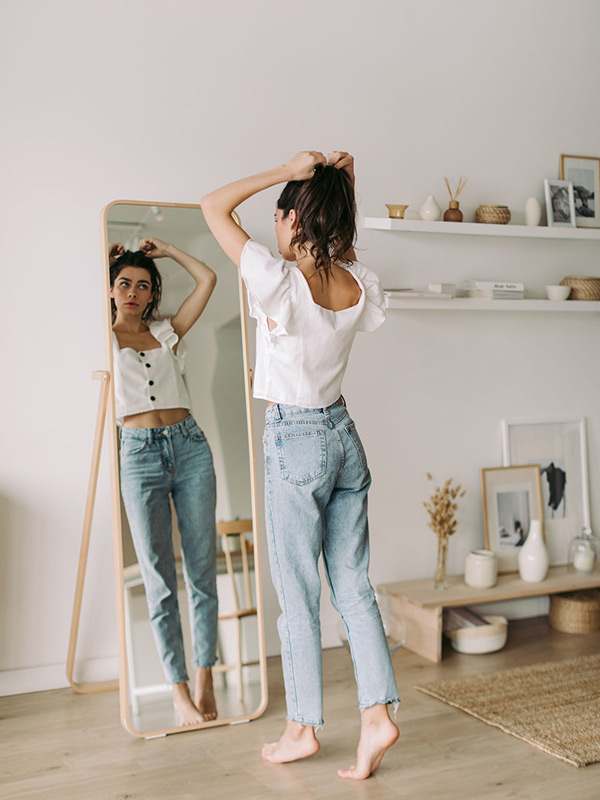
And of course, there are a lot of things that can mess with your confidence and self-esteem. The experiences we have are a factor. "Low self-esteem and self-doubt stem from past experiences where we felt less than or incapable," Neporent says. "From comments on the playground to grades in school to hookup culture in college or expectations in a work environment, there are constant ways in which you may experience rejection, unkindness, and criticism. These experiences contribute to lower self-esteem and self-doubt. Criticism (within a family system, school or religious systems, friendships, and romantic relationships) contributes exponentially to low self-esteem. Self-doubt is often related to expectations both from others as well as ourselves."
May says other situations that could affect your confidence and self-esteem include insecure attachment at a young age (which creates an unhealthy reliance on others' view of self); experiencing trauma during a vital socio-emotionally developmental stage; unhealthy relationships; and severe bullying. The media and social media can be to blame, too—which makes a lot of sense when you take into account the "perfect" lives and filtered photos people post on those platforms.
Additionally, a lot of our self-doubt can be traced back to our relationships with our parents and those who brought us up. "Self-doubting practices tend to emerge and become ingrained within our earliest relationships—the one we have with our parents and caregivers," Goldstein says. "Research tells us that children learn from watching the adults in their lives. When those adults worry often, speak ill of themselves, and/or struggle with their own self-doubt, their children learn to question themselves as well. Caregivers are our first cue to whether or not we can trust, take reasonable risks, and have value."
We also can't ignore the fact that racism, sexism, heterosexism, and more can negatively impact self-esteem. "If you are not seeing folks who are similar to you represented and valued in the larger society, you are regularly receiving the message that you are not of value (or not as highly valued as someone else)," Goldstein says. "These messages can sometimes become internalized, meaning that they are now messages you tell yourself as opposed to hearing them only externally."
As to how she helps her clients work through this, Madison says, "There are so many structural ways that gender and race coincide to impact one's confidence. Since it is structural and bigger than one person can change, the biggest thing I do is call out these societal issues, ask clients if they feel impacted by it, and validate their emotions."
So what else can you do to work on building your confidence and self-esteem? The experts shared their best tips below.
1. Practice Patience

Give yourself time because finding newfound confidence will probably not happen overnight. "It took years to learn to doubt yourself; it will take time to unlearn the doubt and carve a new neural pathway of confidence," Goldstein says.
2. Be Kind to Yourself
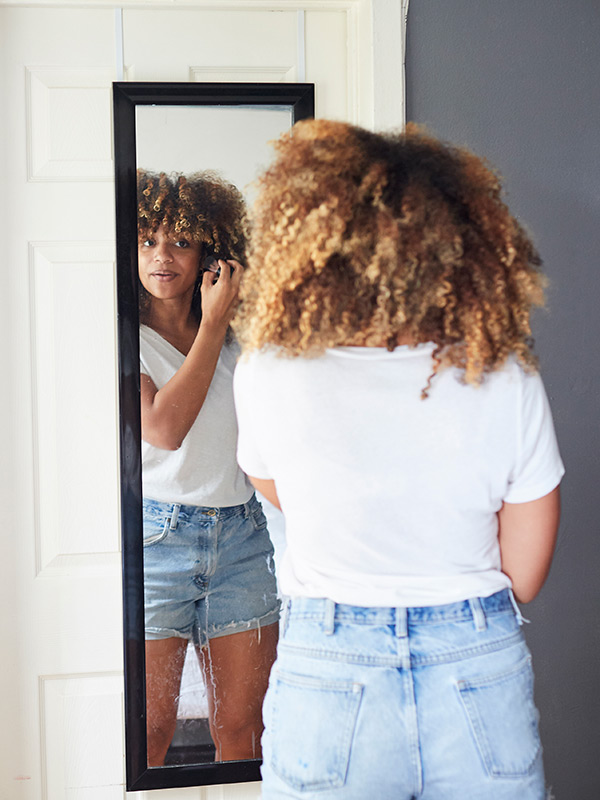
May encourages this, saying, "Imagine you became friends with yourself; what qualities would you appreciate?"
3. Identify Your Values

"Identify your values, and live by those values. Living by our values (what we care about) increases confidence and self-esteem," Neporent says.
4. Create a List of Your Accomplishments
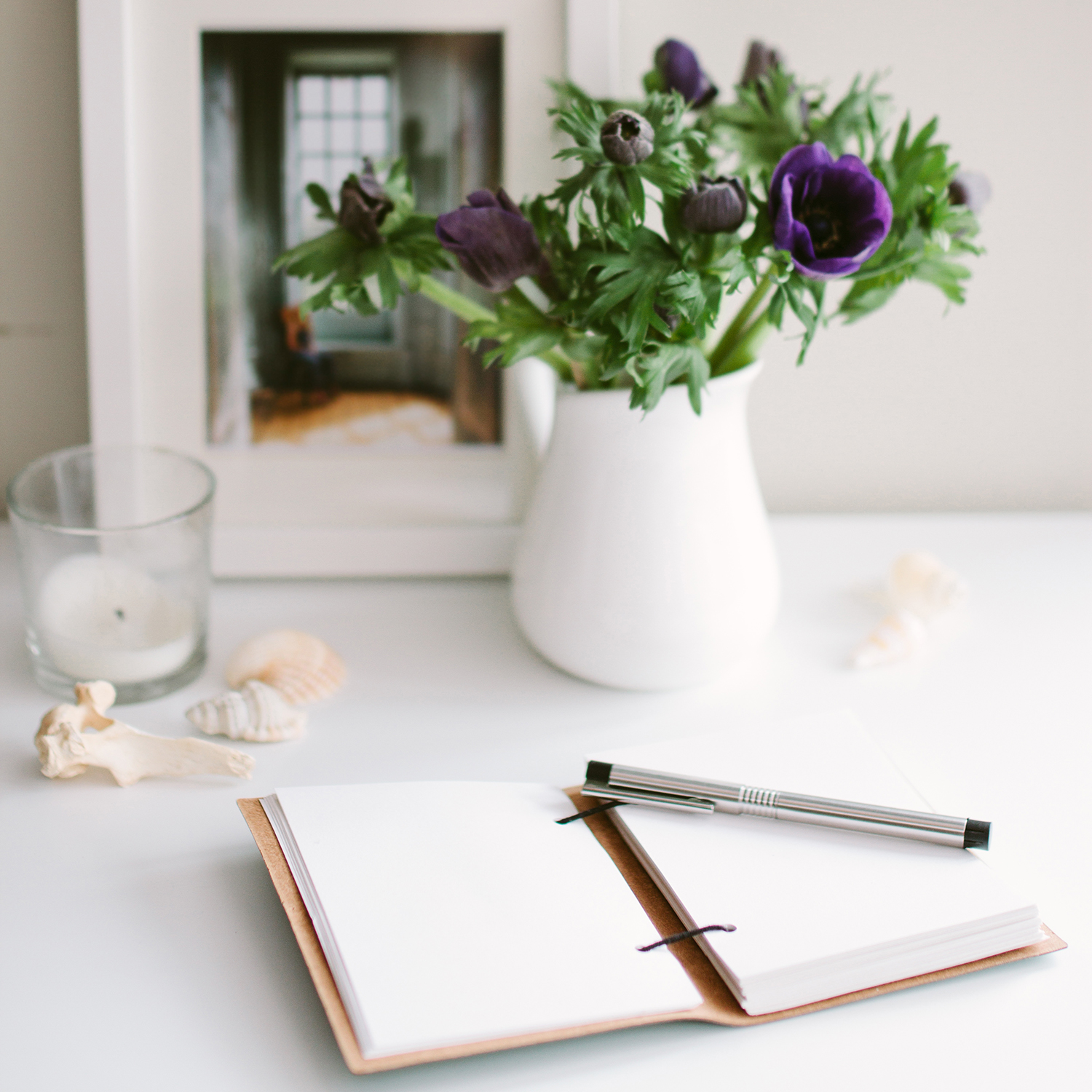
Hype yourself up by making a list of things you're proud of—accomplishments, qualities that make you unique, etc. It can be a mental list or one that's written down—whatever works best for you but don't forget to go back to it often.
5. Journal
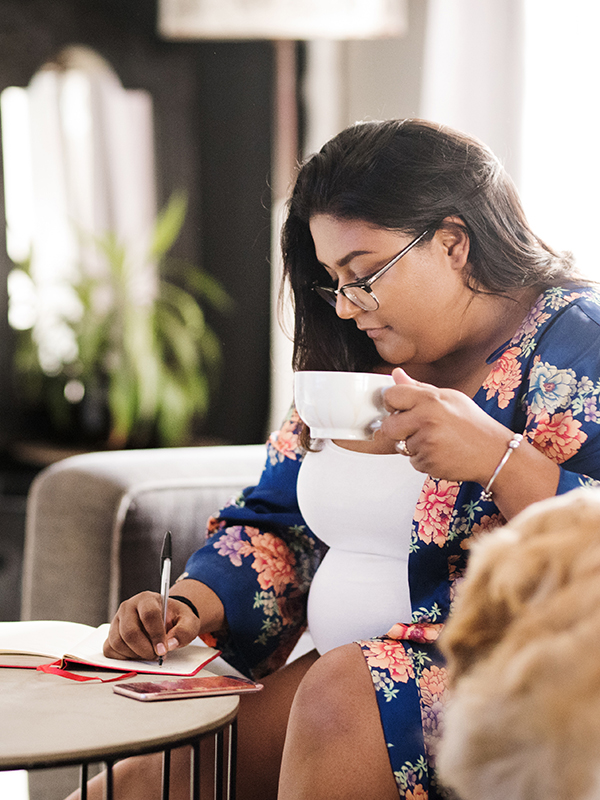
"Use journaling to build an understanding of your goodness! Write about your successes, what you are doing well, and what you like about yourself," Neporent says. And Wilson suggests starting with prompts that encourage positivity.
6. Use Affirmations
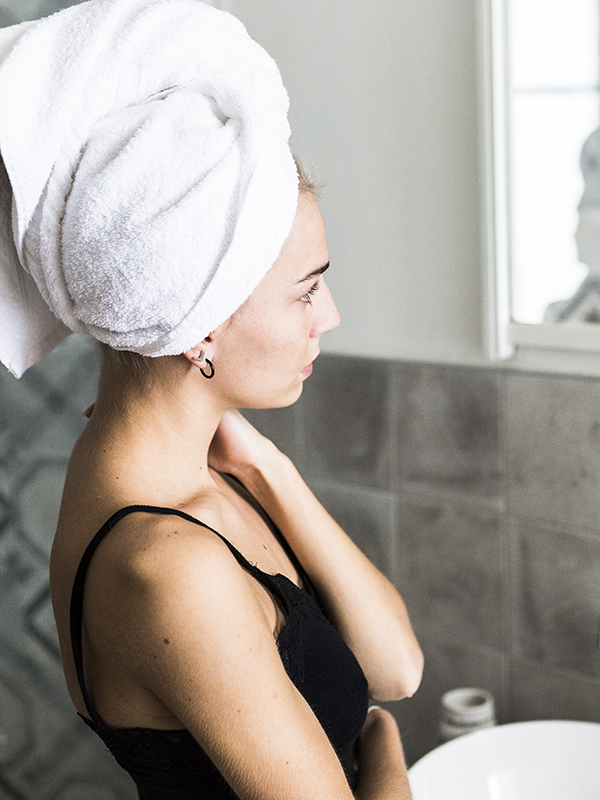
"The way you speak to yourself matters. Talk to yourself as you would to a friend," Neporent says. "For example, 'I accept myself exactly as I am. I am allowed to make mistakes. I am doing the best I can.'"
Madison recommends writing them down on sticky notes and placing them near a mirror so you can see them every day and recite them.
7. Spend Time With People Who Support You
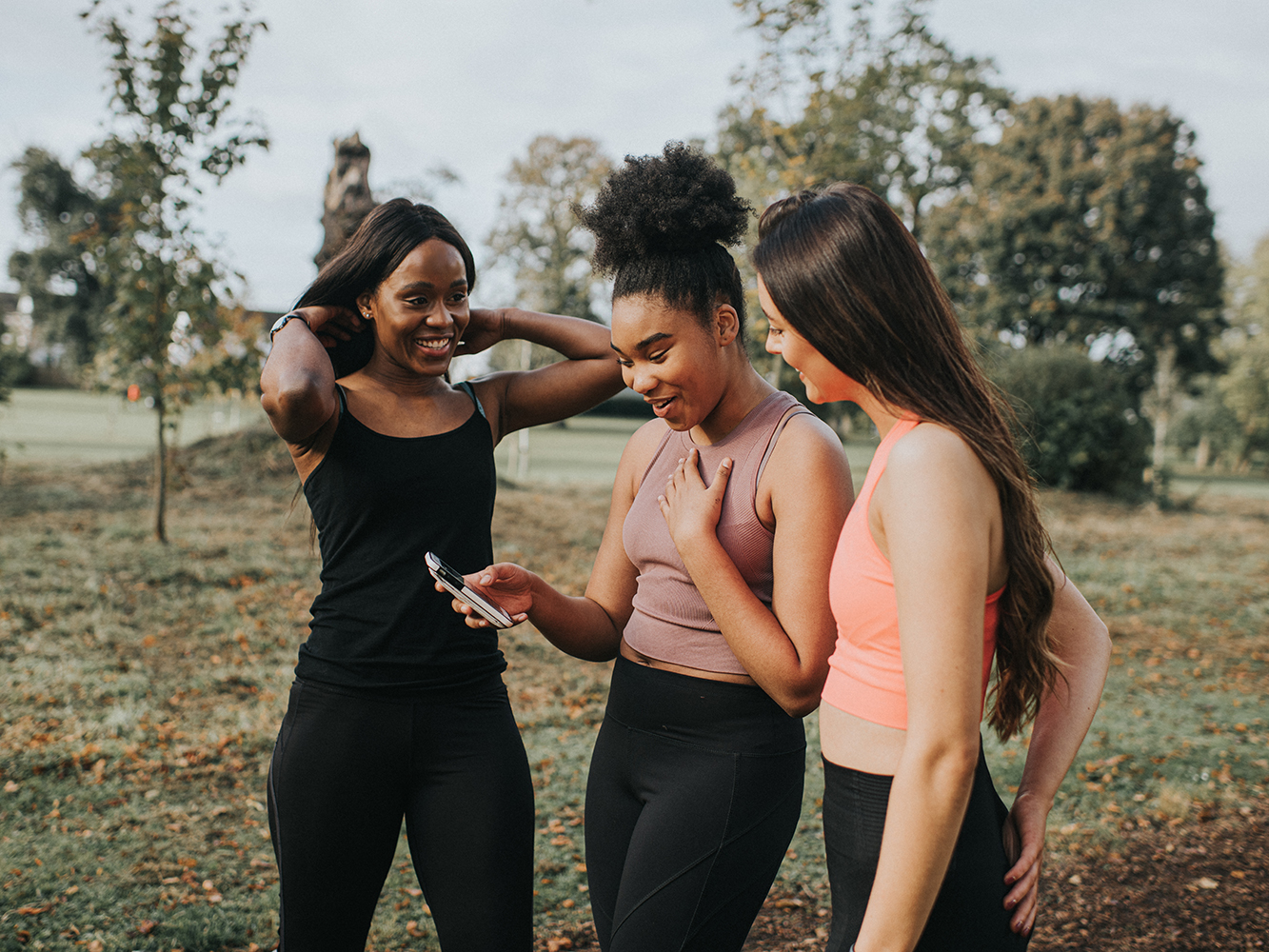
"Spend time with people who empower you, who make you feel more confident, who make you feel like you. Our communities contribute greatly to how we feel about ourselves," Neporent says.
And May suggests also surrounding yourself with confident people: "People with low-self esteem may project their feelings of inadequacy on you. However, other confident individuals will reinforce your strengths."
8. Befriend the Critic

Yes, you read that right. "The doubt, the negative self-talk, it came about to serve you in some way, shape, or form," Goldstein says. "When we befriend the critic we can practice compassion for it. Most of our inner critics form in order to protect us from something."
9. Ask for Positive Feedback
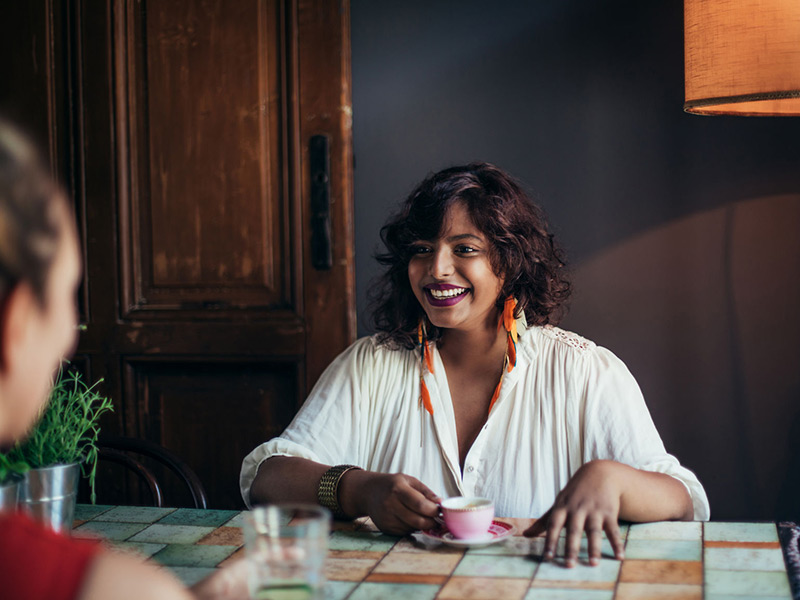
"Typically when we ask someone for feedback, we want to know what's not going well so that we can improve," Goldstein says. "However, it's just as important to know what is going well so we can continue to acknowledge and lean into our strengths."
10. Don't Rely on External Validation

Yes, it's important to ask for positive feedback, but it's equally important to not rely on it solely. "Don't rely on external validation from others but rather evaluate your intent and effort and recognize yourself," says May.
11. Do Something You're Good At
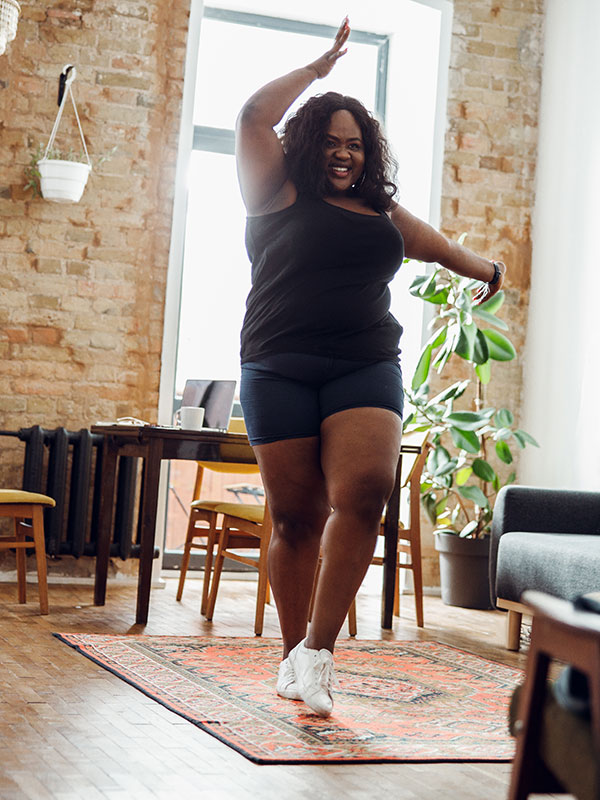
"Do something you're good at and celebrate your skills, like painting, gardening, cooking, or participating in a group sport," Wilson suggests.
12. Celebrate Your Wins

Be proud of yourself for even the littlest things. "If you wait around for only the big ones, you'll only celebrate a couple of times a year," Goldstein says.
Wilson also recommends creating a to-do list every day and checking things off to feel a sense of accomplishment.
13. Learn Something New
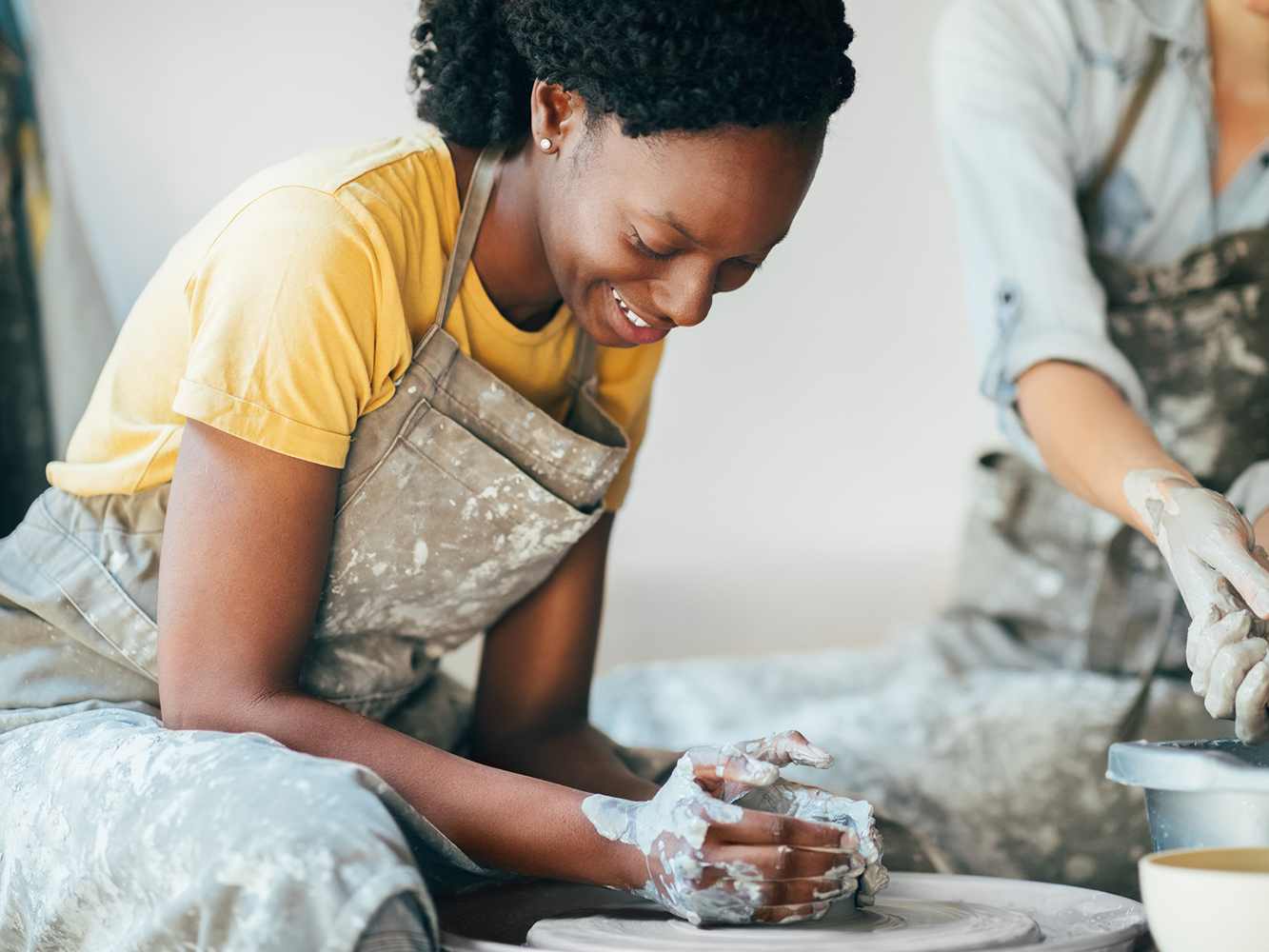
Wilson suggests learning something new to feel accomplished, such as taking a class or trying a new workout or recipe.
14. Take Care of Yourself
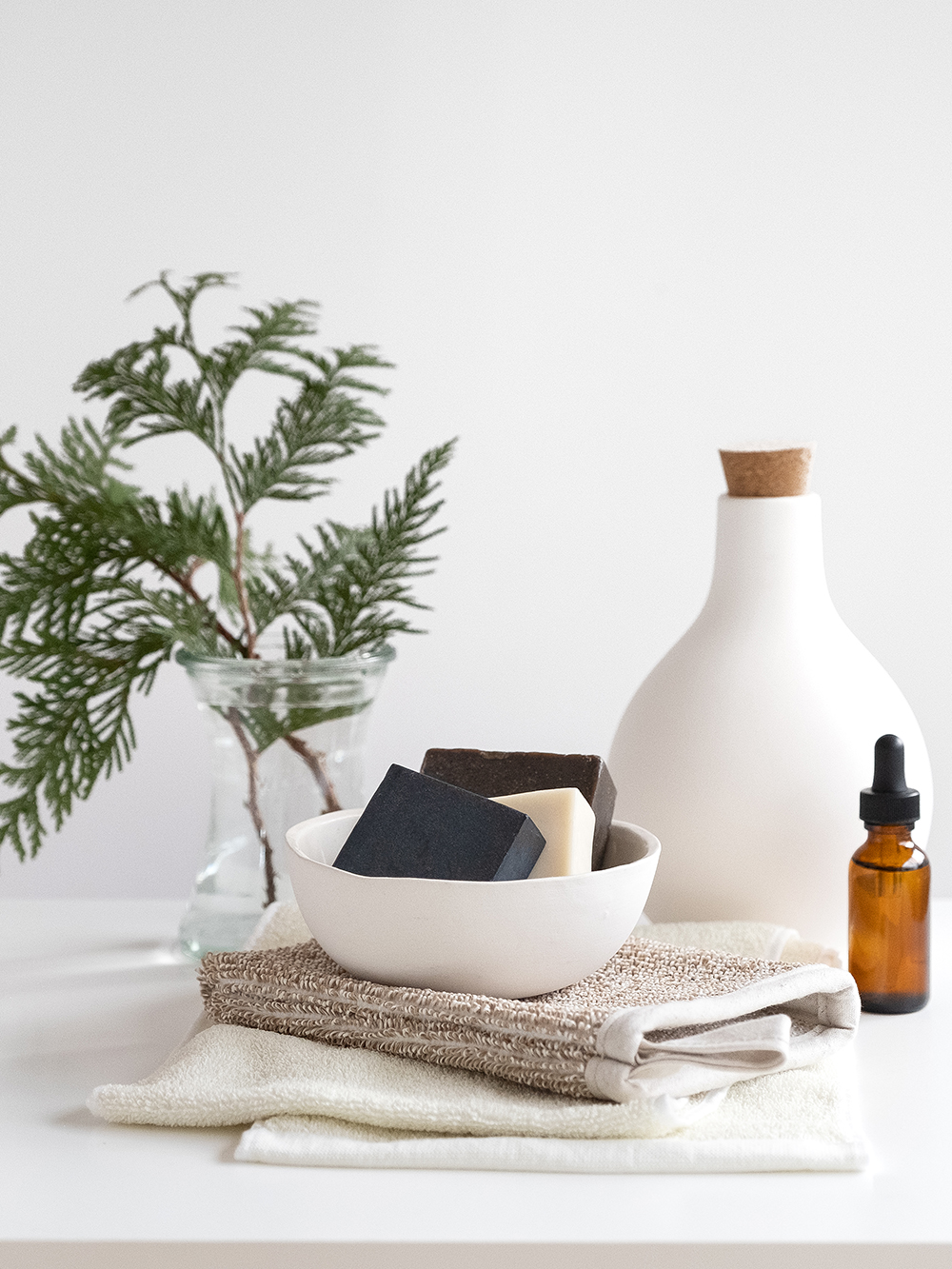
"Make time for yourself, for quiet time, for rest, for time doing something you love," Neporent says. "Remember how we treat ourselves quite literally shows us how we feel about ourselves. Take yourself on a date, go to the farmers market, and/or go to bed early."
Wilson adds the idea of "healthy in, healthy out," which means proper nutrition, sleep, exercise, and self-care rituals (like meditation or yoga). "These are the basis for feeling good about yourself," she says.
15. Spend as Much Time With the Positive as You Do With the Negative
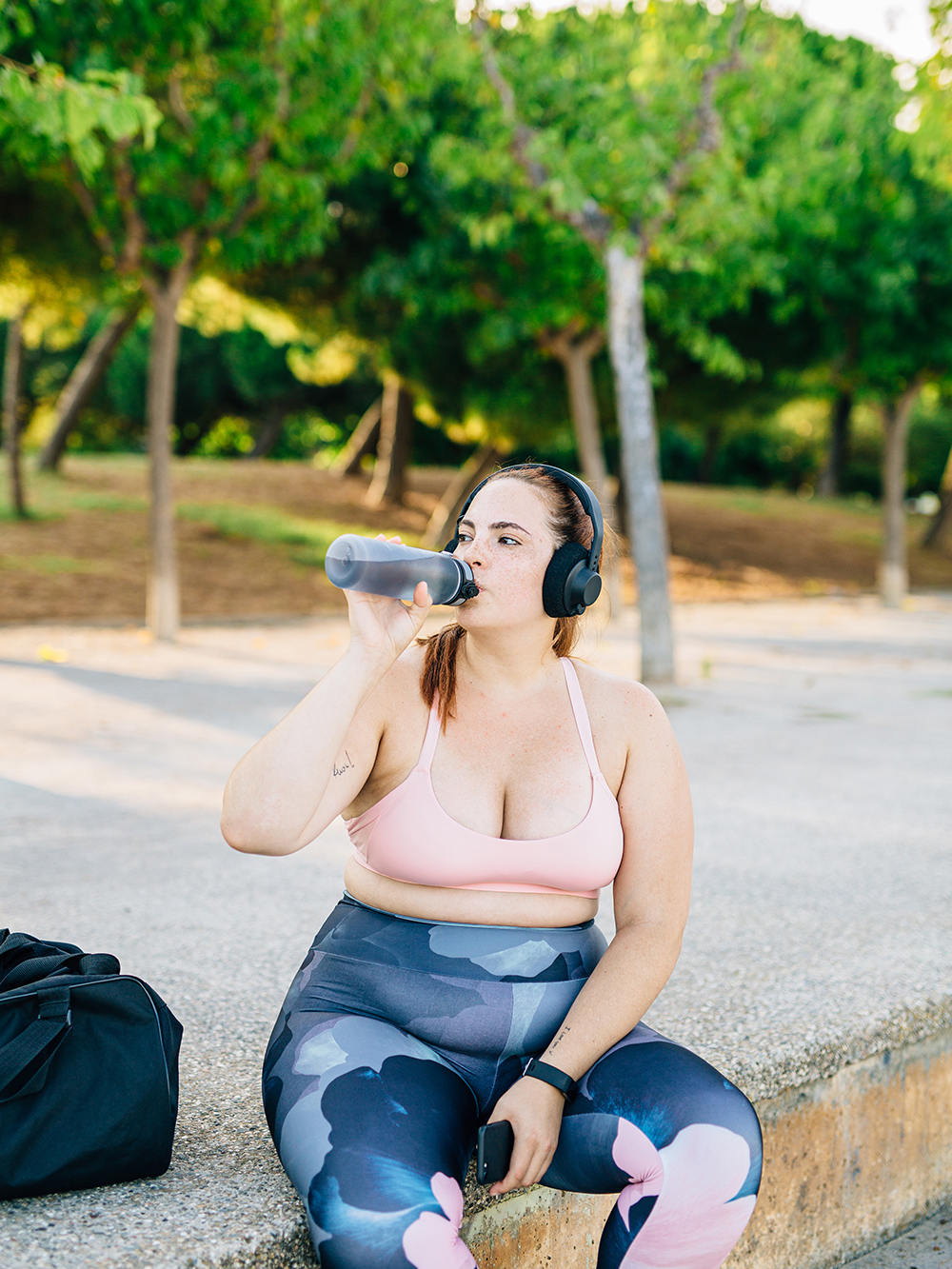
It's easy to focus on just the negative and dwell on it. But Goldstein recommends spending time on the positives, too. "We spend so much time ruminating over what didn't go well. What if you put just as much time into ruminating over what did?" she says.
Next, 27 of the Most Successful Women in Fashion and Beauty Share Confidence Tips
This article is provided for informational purposes only and is not intended to be used in the place of advice of your physician or other medical professionals. You should always consult with your doctor or healthcare provider first with any health-related questions.
Sarah is lifestyle writer and editor with over 10 years of experience covering health and wellness, interior design, food, beauty, and tech. Born and raised in Los Angeles, she attended New York University and lived in New York for 12 years before returning to L.A. in 2019. In addition to her work atBest Knockoff Luxury Clothing , she held editor roles at Apartment Therapy, Real Simple, House Beautiful, Elle Decor, and The Bump (sister site of The Knot). She has a passion for health and wellness, but she especially loves writing about mental health. Her self-care routine consists of five things: a good workout, “me” time on the regular, an intriguing book/podcast/playlist to unwind after a long day, naps, and decorating her home.
